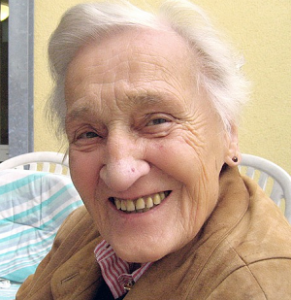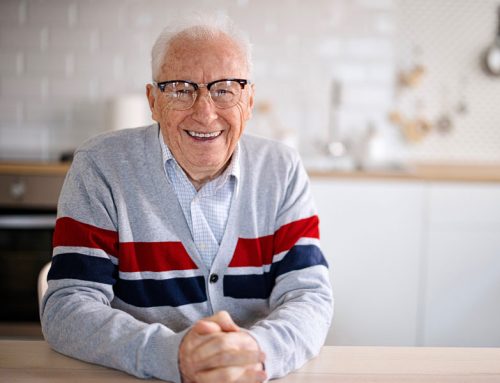Researchers in central Sweden carried out a most interesting four-year study that involved healthy elderly people. The researchers tested the effects of a daily supplementation of the diet with a combination of a Coenzyme Q10 preparation and a selenium preparation.
The preparations used daily in this Swedish study were 100 micrograms of SelenoPrecise organic selenium and 200 milligrams per day of Bio-Quinone 100 Coenzyme Q10. Both preparations were delivered to the Swedish researchers by Pharma Nord in Denmark.
Great reduction in cardiovascular deaths
The results of the study were published in 2012 in the International Journal of Cardiology by Professor Urban Alehagen and his team of researchers from the University Hospital in Linköping. The researchers reported, first of all, that there had been a 53% relative reduction in cardiovascular deaths in the treatment group.
Better echocardiograms
Secondly, they reported that the elderly people receiving the active ingredients instead of placebo had had statistically significantly better echocardiograms (meaning better heart function) and statistically significantly lower levels of a peptide in their blood plasma that is a marker for worsening heart failure.
KiSel-10 clinical trial
The study, called the KiSel-10 study, was a randomized double-blind trial with an treatment group and a placebo group. The Swedish researchers knew that many northern Europeans do not get adequate amounts of selenium in their diets and, furthermore, that northern Europeans, in common with people elsewhere, produce less CoQ10 with increasing age.
Selenium and Q10 synergy
Adequate amounts of selenium are needed for several enzyme systems in the human body, and CoQ10 is involved in the cell’s energy production.
443 healthy elderly people aged 70 to 87 years and comprising both genders who lived in and around the town of Kisa, the seat of the Kinda municipality in central Sweden, were enrolled in the study. These 443 individuals were the elderly adults who had met the researchers’ requirements for sufficient age and adequate health status; they could be reasonably expected to be able to live through the four-year period of the trial.
The researchers deliberately rejected from the study any individuals who had suffered a recent heart attack and any individuals who had scheduled any heart procedure in the upcoming four weeks. Also rejected were any individuals with signs or symptoms of any other serious disease.
The results of this KiSel-10 study are encouraging and seem intuitively logical. It makes good sense that elderly people should have most need for and most benefit from a daily intervention with both selenium and CoQ10.
Both of these substances are known to be important for the continued good health of the heart muscle.
The KiSel-10 study results can be found in the following journal articles.
- Alehagen, U., Johansson, P., Björnstedt, M., Rosén, A., & Dahlström, U. (2013). Cardiovascular mortality and N-terminal-proBNP reduced after combined selenium and coenzyme Q10 supplementation: a 5-year prospective randomized double-blind placebo-controlled trial among elderly Swedish citizens. International Journal of Cardiology, 167(5), 1860-1866. doi:10.1016/j.ijcard.2012.04.156
- Johansson, P., Dahlström, Ö., Dahlström, U., & Alehagen, U. (2013). Effect of selenium and Q10 on the cardiac biomarker NT-proBNP. Scandinavian Cardiovascular Journal: SCJ, 47(5), 281-288. doi:10.3109/14017431.2013.820838










Leave A Comment